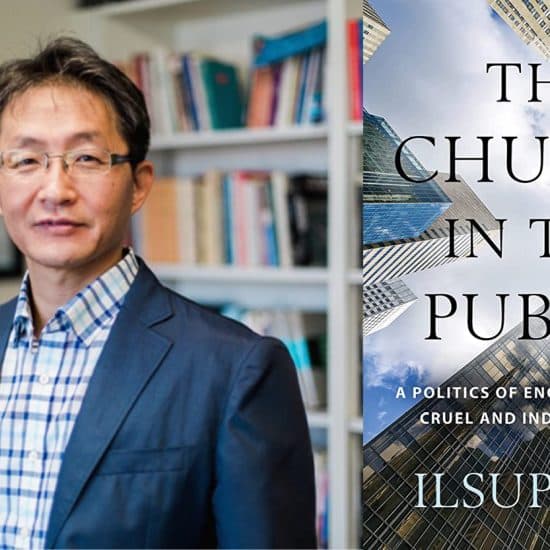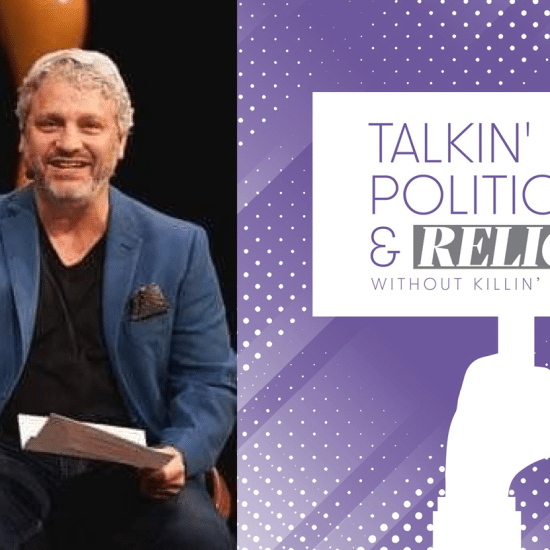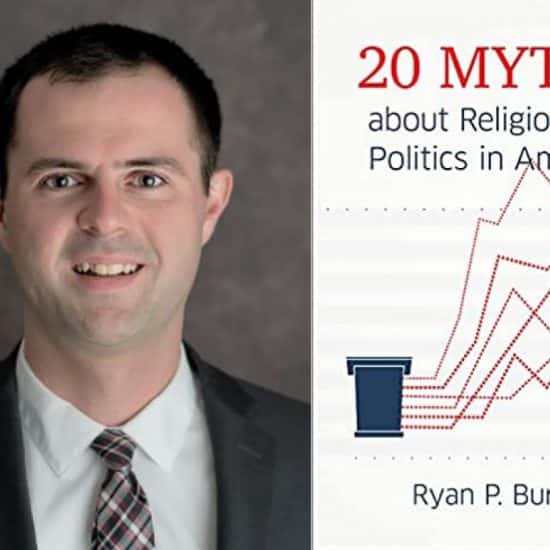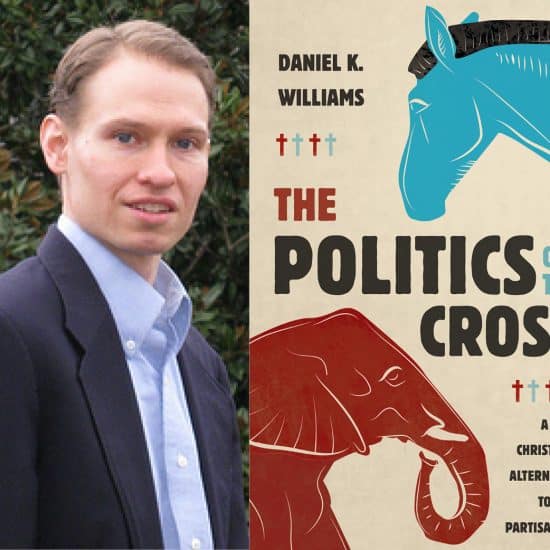Whenever our seven-year-old son learns about a new movie or television show and asks to watch it, my wife or I google it to learn more. We try to find a “parental advisory” somewhere, especially from a Christian source. We’re looking for comments about language, violence, suggestive content, etc. Because we become what we consume.

Brian Kaylor
There is no parental advisory alert for political speeches. So, let me create one. Warning: Political speeches may contain several instances of profanity, including instances of using God’s name in vain.
While such a warning could have been issued in the past, a new study shows it’s getting worse. An analysis by GovPredict of tweets by members of Congress found the use of curse words jumped dramatically in 2017 and rose again in 2018. Their research found just 83 curse words in 2014, 132 in 2015, and 192 in 2016. But then it jumped to 1,571 in 2017 and 2,578 in 2018. Through the first nine months of 2019, they found 1,898, which puts this year on about the same pace as 2018.
And it’s not just on Twitter. Multiple 2020 presidential candidates have cursed during campaign speeches or interviews, including Cory Booker, Kirsten Gillibrand, Beto O’Rourke, Bernie Sanders, and Donald Trump. And on many occasions, the crowds of partisan supporters cheer and applaud the salty language.
It wasn’t always like this. While presidents and politicians often cursed behind closed doors — as tapes of Lyndon Johnson and Richard Nixon later demonstrated — they generally avoided such language in public. Now, such rhetoric is common in public discourse — so much that Trump has been called the “profanity president.” While he cursed some during his 2016 campaign and his first two years in the White House, his profane language has dramatically increased this year. In a July campaign rally, Trump twice said “godd**n,” language which does not appear in databases of public remarks by previous presidents.

Image by Sasin Tipchai from Pixabay
We really are living in a more profane age. And it’s not just the four-letter words or the using of God’s name in vain. We clap and cheer as politicians use hateful rhetoric against people who don’t look like us or sound like us or come from the same place as us. And we support those politicians as they adopt policies that treat those “other” people as less than equal and even less than fully human.
Now, don’t get me wrong: I’m more concerned about policies that dehumanize people than I am about the language that does so. But let’s not pretend those are unconnected. The Bible clearly teaches us that our words matter.
“For out of the abundance of the heart the mouth speaks,” Jesus taught us in Matthew 12. “I tell you, on the day of judgment you will have to give an account for every careless word you utter; for by your words you will be justified, and by your words you will be condemned.”
Similarly, James warned us that the tongue “corrupts the whole body, sets the whole course of one’s life on fire.” He added, “With the tongue we praise our Lord and Father, and with it we curse human beings, who have been made in God’s likeness. Out of the same mouth come praise and cursing. My brothers and sisters, this should not be. Can both fresh water and salt water flow from the same spring? My brothers and sisters, can a fig tree bear olives, or a grapevine bear figs? Neither can a salt spring produce fresh water.”
What if as Christians we held our leaders to a higher standard? What if we didn’t cheer when someone we support curses? And what if we went even further and criticized “our candidate” for cursing in front of children and using the Lord’s name in vain? What if we quit pretending that we can just dismiss a politician’s language as if it’s not important? What if we quit pretending that holding our noses — and apparently our ears — when we vote excuses us from supporting the evil that that vote helps produce?
Just as there are many movies I won’t let my son watch, I also cannot as a good parent let him watch the president or many of the president’s opponents. And perhaps I, too, must be careful not to support the pouring of salt water into the streams of our public discourse.
Brian Kaylor is editor & president of Word&Way.






